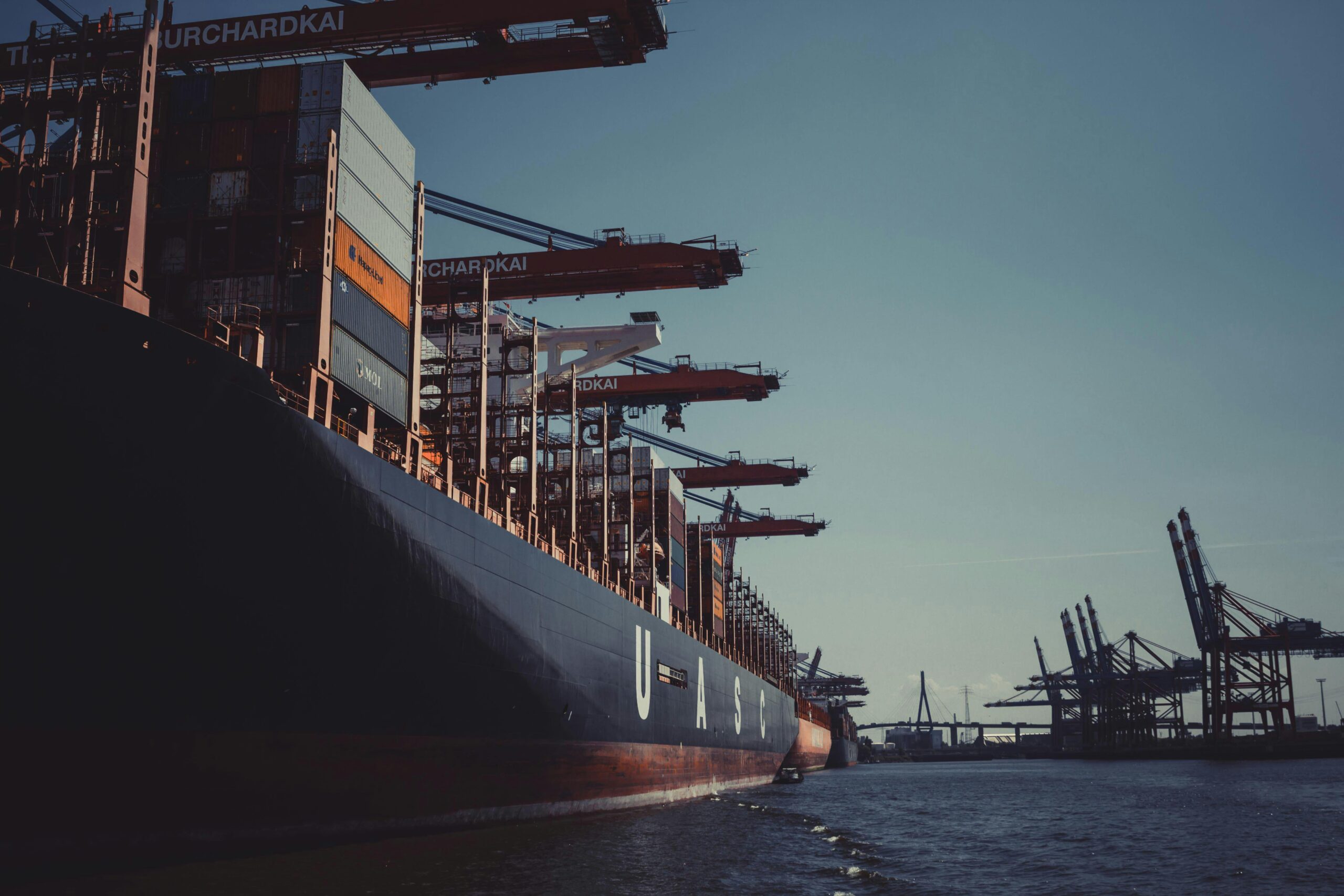Recently, States have implemented unprecedented measures to respond to the COVID-19 pandemic. They have imposed a range of measures on their populations, including social distancing, national lockdowns and other restrictions on movement. They have ordered the temporary closure of non-essential businesses and requisitioned the premises of certain investors to attend vital needs. Equally, States have required that businesses take action in a number of other ways to protect individuals from the devastating consequences of this crisis, including by suspending loan instalments, modifying their production lines to produce urgently needed goods and even reducing or stopping their exports of some of those goods.
These measures raise a series of complex legal issues regarding the scope and application of both States’ unquestionable sovereign right to respond to this health emergency and international investment law protections.
States need clarity on the content and limits of their sovereign rights. Foreign investors must know the level of protection they enjoy under international law and the remedies available to them for any unjustified injury they might suffer. Both need guidance on the potential defences that States might be able to raise in response to foreign investors’ claims. They all would benefit from legal certainty regarding the scope of the relevant rights and obligations under both treaty and customary law.
Beyond legal considerations, it seems clear that both States and businesses will need to undertake drastic changes in the way they assess the risks that health crises present to foreign investment and to host States’ economies more generally.
This virtual seminar provided an opportunity to discuss some of these issues. Our experienced panellists were:
Álvaro Nistal, Counsel at Volterra Fietta, who will provide an introduction and moderate the seminar. A civil and common law lawyer, Mr Nistal advises States, international organisations and private entities on a wide range of public international law matters. He regularly represents States and foreign investors in major investment treaty arbitrations. He also has represented and provided States in Africa, Latin America, the Middle East and Southeast Asia with legal advice in relation to proceedings before the International Court of Justice.
Kory Parkhurst, Associate General Counsel – Litigation with Koch Companies Public Sector, LLC, based in Wichita, Kansas, USA. Mr Parkhurst will discuss how in-house counsel and business executives may modify their thinking about foreign investment in light of the COVID-19 crisis. For over 22 years, Mr Parkhurst has been a leader in the legal group for the second largest privately held company in the United States, Koch Industries, Inc. In that role, he has taken first and second chair roles in numerous hearings, trials and international arbitrations. His experience ranges from counsel in ICSID arbitration hearings in Paris and London to counsel in multiple state court hearings and trials including, but not limited to Iowa and Alaska. Mr Parkhurst has counselled various Koch businesses involved in diverse industries including: oil refineries, ranches, plastics, chemicals, shipping, commodity trading as well as aircraft purchase and leasing. Mr Parkhurst is a graduate of Creighton University and the University of Iowa College of Law.
Peter Flint, Consultant at Volterra Fietta. Mr Flint spoke about possible responses to government requisitioning of means of production and essential products. Mr Flint advises governments and commercial parties in connection with cross-border disputes in a wide range of jurisdictions, including Russia and the CIS, the Baltic States, Turkey, Lebanon, India, Pakistan, the Middle East, South America, Thailand, Indonesia, China, South Korea and a number of sub-Saharan African States. He has advised clients on disputes arising in the context of cross-border contracts, BITs, the ECT, multilateral trade agreements and host State investment protection legislation. This includes significant experience in representing both investors and States at ICSID, the PCA and elsewhere.
Graham Coop, partner at Volterra Fietta and former General Counsel to the Energy Charter Secretariat. Mr Coop discussed how States and investors affected by the COVID-19 pandemic can learn from the lessons of the 2008 global financial crisis. Mr Coop is qualified as a barrister and solicitor in New Zealand and as a solicitor with higher rights of audience (Civil) in England and Wales. He advises and represents companies, governments and international organisations on international dispute resolution and public international law, with a particular focus on the energy, natural resources and infrastructure and banking sectors. He currently represents an EU member State in relation to banking measures taken in response to developments arising out of the 2008 global financial crisis. He has appeared as counsel, advocate and expert before a wide range of international courts and tribunals, including the International Court of Justice, ICSID, the PCA and the ICC. He is on the UK Attorney General’s list of public international law practitioners.
For any queries regarding the content of the seminar, please email info@volterrafietta.com.
